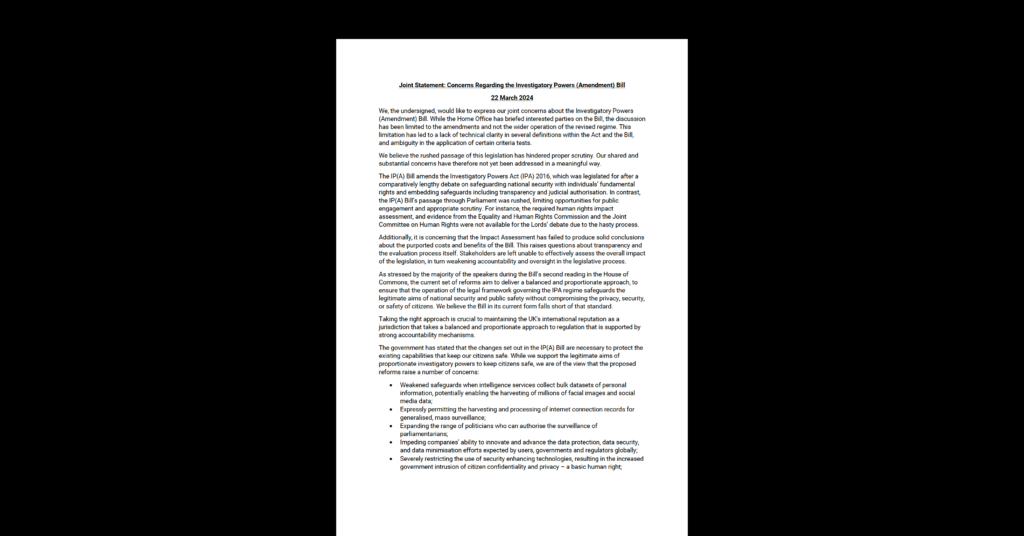EU Telecoms Ministers Shouldn’t Gut Draft Net Neutrality Rules
On Thursday, 27 November, ministers responsible for telecommunications are set to discuss proposed EU-wide rules intended to safeguard net neutrality.
Last month, the Center for Democracy & Technology (CDT) and other advocacy groups sent a letter to the Ministers detailing the main elements a European rule on net neutrality must include. Unfortunately, the latest proposal to be discussed by Ministers misses the target completely.
“We recognise that Member States want a less detailed, more ‘principles-based’ approach than that put forward by the Commission and improved on by Parliament, but the proposal they are considering fails to protect the open Internet. Unless the concepts and definitions are clear, and the rules are enforceable by regulators, the text is meaningless. The new Commission and Parliament will not accept a version that so obviously undermines meaningful net neutrality protections,” said Jens Henrik-Jeppesen, CDT Director for European Affairs.”
The Presidency proposes to strip definitions of core concepts from the Regulation; notably net neutrality, Internet access services and special services. However, a meaningful net neutrality rule must establish a clear and unambiguous expectation of non-discrimination. The rule must describe permissible exceptions to this principle, notably to allow traffic management measures to make networks operate efficiently where necessary.
However, the exceptions must be set out clearly and narrowly so that ISPs and operators cannot prioritise content or applications from certain providers over others.
“The Italian Presidency’s proposal fairly explicitly allows paid prioritisation and discrimination between content providers for commercial purposes. This is the exact opposite of net neutrality,” added Jeppesen.
CDT believes operators should have the possibility to innovate and experiment with new types of ‘specialised services’, but they should be clearly separable from general Internet access; they should neither be used nor marketed as such, and they should not degrade or impair it. The Presidency text fails to make this distinction.


